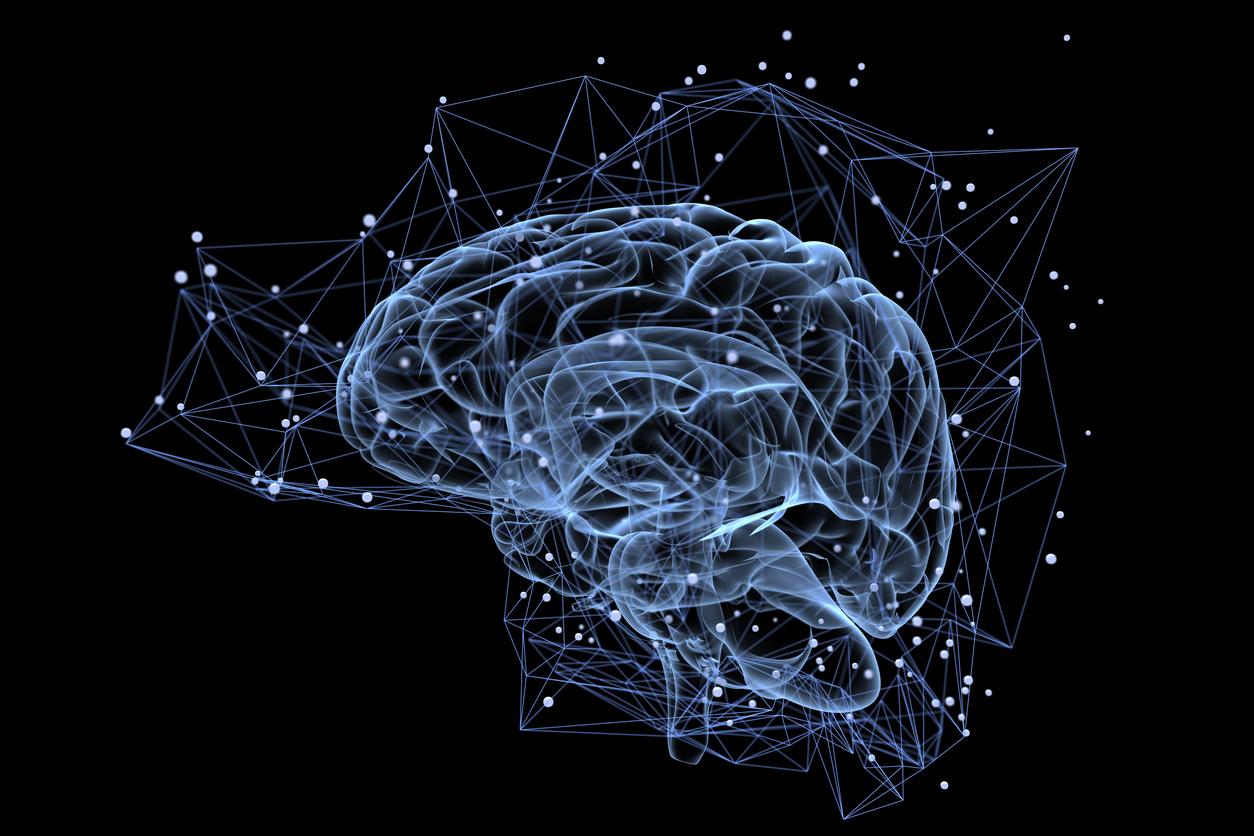“THE benefits of movement on physical health have long been known, including positive effects on heart health, joints and weight”summarizes Dr. Eric Griez, psychiatrist and graduate in philosophy, author of walking therapy (Editions Eyrolles, July 2022). Walking is also a mental therapywhich can be used preventively or curatively.
“Physical activity has an effect on the nervous system“, explains the psychiatrist. “It has an anti-inflammatory and anti-stress effect in the biological sense of the term. It increases the production of neurotrophic factor in the brain which stimulates the multiplication of nerve cells in areas known to be in distress in cases of anxiety or depression. Antidepressants have the same effect“, he details.
Why is walking honored among all possible physical activities? Because it corresponds to a moderate intensity activity and it has been proven that “it’s moderate exercise, not theintensive muscular effort which has the most effect on the brain“, indicates the psychiatrist. In addition, everyone can practice it every day. To reduce stress, anxiety or treat depression, but also to improve mental performance, Dr. Griez offers a walking therapy program. “This consists of walking 7,000 to 7,500 steps per day (ppd), at a rate of 100 to 110 steps per minute, every day for 3 months, controlled with an actimeter or a pedometer which plays a role of psychotherapist. By looking at it, we are motivated to take the necessary number of steps“, he informs.
People with depression start at 3,000 steps per day (ppd) and then gradually increase the number of steps per day.
Read also:
- Could walking be the new secret to fighting aging?
- Nordic walking or the sport that gently works 80% of the muscles
- Hiking: how to prepare well?


























